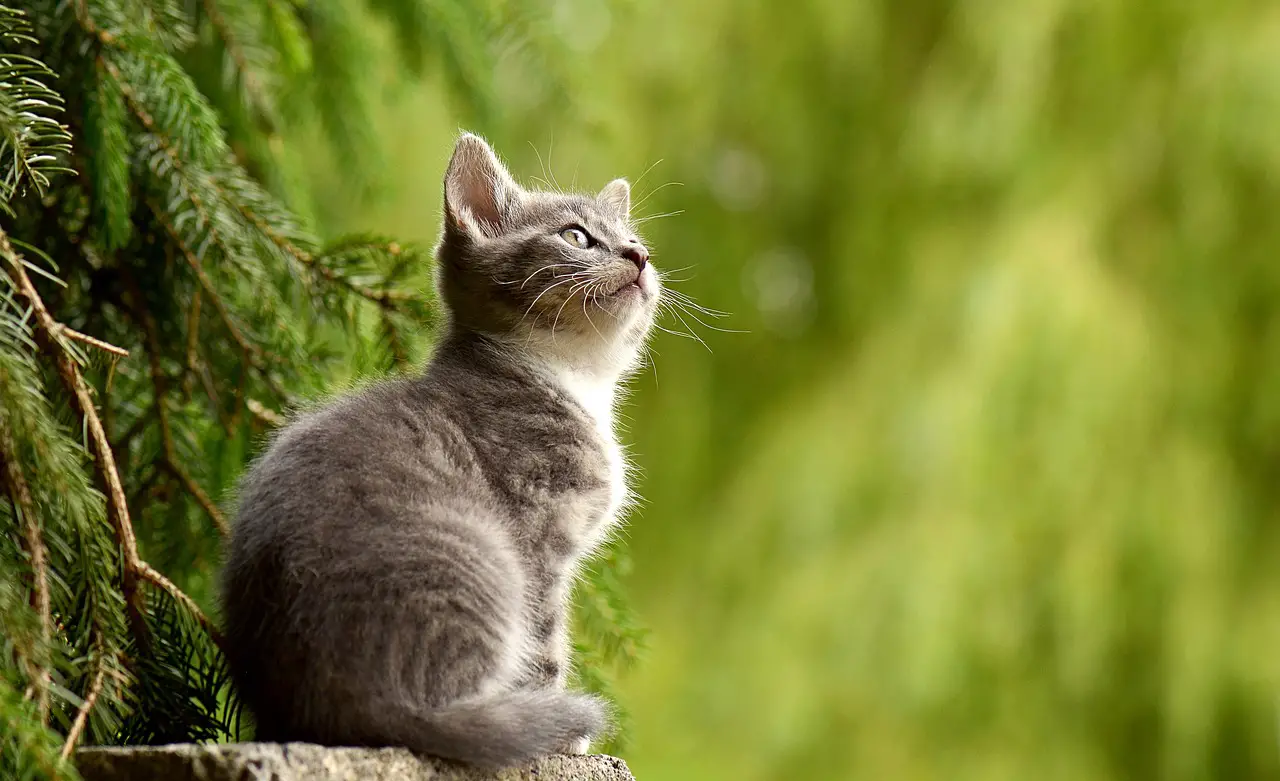The Battle of Pelusium marked a significant turning point in Egyptian history, leading to the transfer of power to Cambyses II of Persia. The Persians employed a unique strategy that capitalized on the Egyptians’ deep reverence for all forms of life, particularly cats.
Ancient Egyptian culture placed a profound emphasis on the sanctity of life, viewing it as a gift from the gods. This reverence extended to human beings and animals, reflecting a profound understanding of the interconnectedness of all existence. While Egyptians occasionally consumed meat, their diet primarily consisted of vegetarian or pescatarian fare, underscoring their respect for the sacredness of all life.
The Persian army exploited this cultural reverence by using cats as hostages and employing them as a strategic weapon during the battle. Knowing that cats held a special place in Egyptian society, the Persians herded these revered animals (along with other creatures) before their battle line and even painted images of cats onto their shields.
This ingenious tactic affected the Egyptians’ spiritual beliefs and emotional attachment to cats, causing confusion and hesitation among their ranks. The sight of their cherished feline companions being used in such a manner likely struck a deep chord with the Egyptian soldiers, undermining their morale and resolve.
As a result, the Persian army emerged victorious, securing control over Egypt and altering the course of its history. The Battle of Pelusium is a testament to the power of psychological warfare and the profound influence of cultural beliefs on the outcomes of historical conflicts.

Reason
Cats held a special place in ancient Egyptian society and were revered as beloved pets and symbols of protection. Central to this reverence was the goddess Bastet, also known as Bast, who was closely associated with felines and held a prominent position in Egyptian mythology.
Depicted with a woman’s body and the head of a cat, or sometimes as a sitting cat in a regal pose, Bastet embodied various aspects of domestic life and femininity. She was revered as the goddess of the home, domesticity, and women’s secrets, symbolizing fertility, childbirth, and maternal protection. Bastet was believed to safeguard households from malevolent spirits and diseases, particularly those that affected women and children. Her presence was thought to bring blessings and prosperity to families, ensuring their well-being and harmony.
Avid Writer with invaluable knowledge of Humanity!
Upcoming historian with over 30 million views online.
“You make your own life.”





